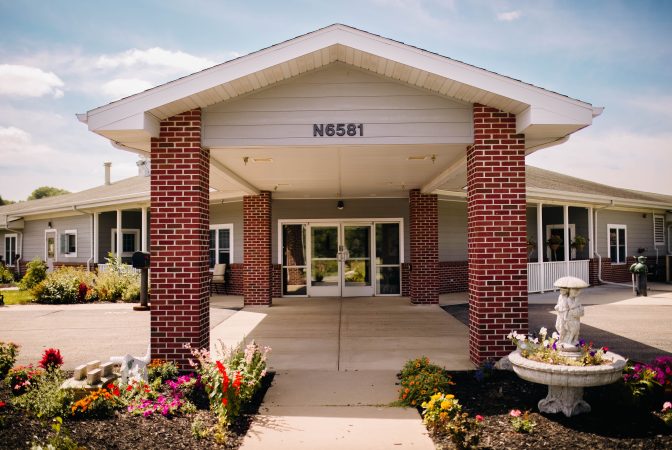Traditions Senior Care Team | October 20, 2024
Choosing the right assisted living community is a significant decision for both seniors and their families. It’s essential to find a place that offers the necessary support, amenities, and a warm, welcoming atmosphere.
This blog post will guide you through the process of finding the perfect assisted living fit for your loved one.
Assisted living offers a continuum of care, providing a range of services tailored to meet the individual needs of seniors. Unlike traditional nursing homes, assisted living communities emphasize independence and personalized care, creating a more homelike environment.
Assisted living communities can vary in terms of the level of care they provide. Here are some common types:
The best type of assisted living community for a senior will depend on their individual needs and preferences. Consider the following factors when making your decision:
Assisted living offers a multitude of benefits for seniors and their families. Here’s a more in-depth look at some of the key advantages:
Improved Quality of Life


When visiting assisted living communities, take the time to carefully observe the environment and interact with residents and staff. This will give you a better understanding of the community’s culture, the quality of care provided, and the overall atmosphere.
Choosing the right assisted living community is a crucial decision for seniors and their families. By carefully considering factors such as location, services and amenities, cost, safety and security, and social and recreational activities, you can find a community that provides the ideal combination of care, comfort, and community.
Ready to start your search for the perfect assisted living community? Contact Traditions Senior Care today to schedule a tour and learn more about how we can provide a supportive and enriching environment for your loved one.